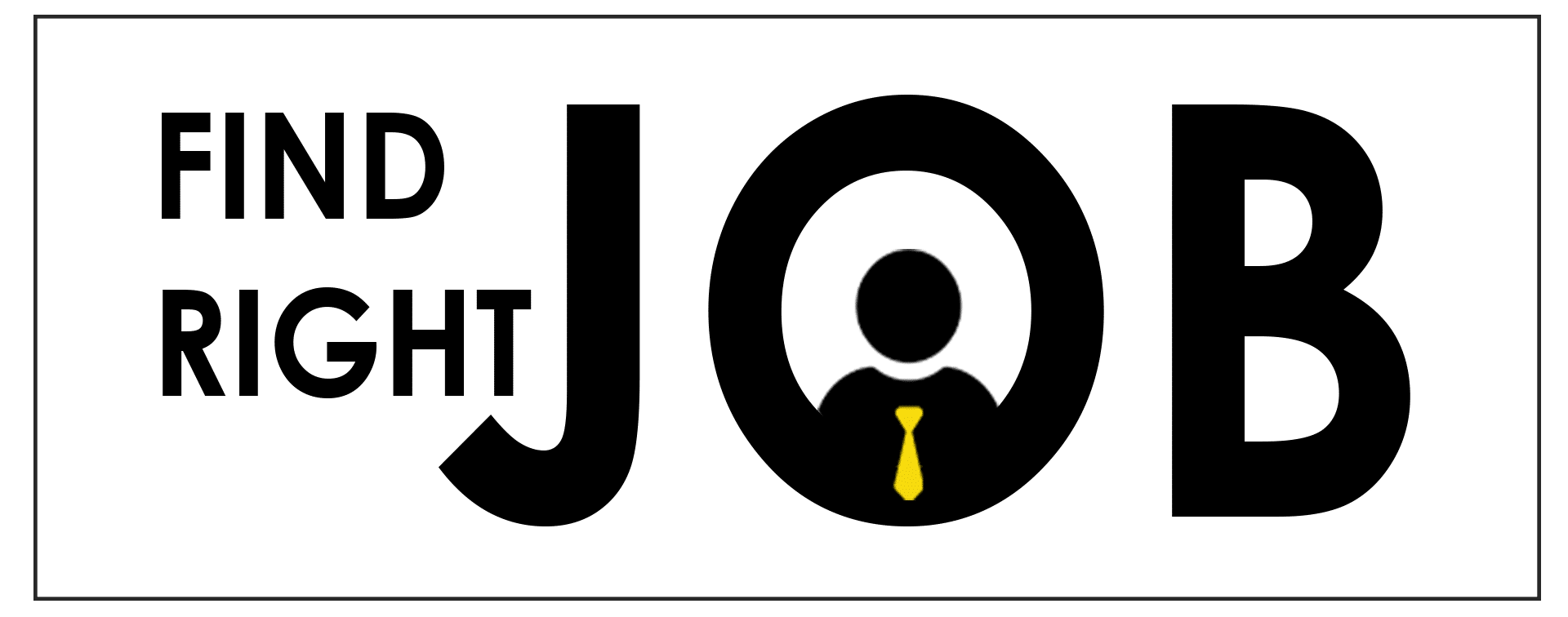Salesforce course for beginners is carefully crafted to accommodate learners of all skill levels, emphasizing the essential elements of admin, developer, and Lightning Web Components (LWC). With its innovative methodology, this Salesforce online course provides real-time, project-based learning. Our Salesforce training is thorough and reasonably priced, making it a great option for individuals just beginning their Salesforce adventure. Skilled instructors will walk you through every step of the process.
Effective Ways To Learn Salesforce
Explore the Salesforce Ecosystem:
Learn about the Salesforce ecological system, its importance, and the variety of job options available. Recognize the functions and duties of developers and administrators using the Salesforce course for Beginners. Find out about the Salesforce domain’s potential for professional progression and possibilities.
Start Building Custom Applications:
Learn the fundamentals of modifying applications with point-and-click tools. To customize Salesforce to your business’s needs, build custom fields, and design pages, and workflows.
Discover Salesforce Development:
An introduction to Apex and Visualforce will help you learn more about the world of coding on the Salesforce course for beginners platform. To expand the functionality of the platform, learn how to construct unique triggers, classes, and components.
Study Advanced Development Concepts:
Expand your knowledge of advanced Visualforce techniques and Apex programming. Learn the best methods for developing, testing, and implementing unique solutions.
Continue with Data Integration and APIs:
Discover how to use web services and APIs to link Salesforce with other systems. Investigate data migration techniques and resources to guarantee smooth transitions.
Learn Lightning Experience and Modern UI Development:
Become familiar with the features and interface of Lightning Experience. Create Lightning applications and components to provide better user experiences.
Salesforce – Architecture
Salesforce’s architecture can be broken down into levels for easier comprehension. Each layer’s goal and function are explained below.
Trusted multi-tenant Cloud
The term “trusted” refers to the fact that multiple instances of one or more applications run independently in a shared environment; these instances are referred to as tenants and they logically separate from one another while still residing on the same hardware.
Scalable Metadata Platform
As the volume of data or number of concurrent user instances rises, the metadata-driven platform facilitates easy modification and scaling up.
Enterprise Ecosystem
Due to the numerous partners that participate by developing and supporting apps on this platform, the Enterprise Ecosystem of Sales is quite broad.
CRM and Related Functionality
Salesforce course for beginner feature list covers every facet of CRM and goes further with tools for building apps, incorporating analytics, and more.
Salesforce – Sales Cloud
The Key Business Goals attained with the Sales Cloud are listed below.
Complete More Transactions
It is simpler to close more prospects when every record information and product information is readily available to meet the demands of the consumer.
Complete transactions More Quickly.
Deals close more quickly thanks to mobile apps and visually appealing procedures for business process approvals.
Acquire Additional Discounts
Campaigns are continuously optimized based on consumer feedback and channel partner closing interactions to close more business.
Faster Decision-Making
The availability of dashboards and reporting improves the salesforce course for beginners’ accuracy and provides a very thorough picture of the business environment. As a result, business choices are made rapidly.
Key Features of Sales Cloud
Contact management provides comprehensive data on clients, including past exchanges, conversations, important phone numbers, and emails.
Management of Opportunities
In reaction to sales interactions and transaction scenarios, it assists in creating and modifying bids.
Engage with Salesforce
It provides notifications for active leads and builds customized campaigns. Lead management facilitates campaign tracking and assigning leads to the appropriate parties.
Dashboards and Reports
It functions in assisting in building dashboards with drill-down capabilities for further information. Decisions are made more quickly as a result.
Sales forecasting provides an accurate picture of sales that can be modified in response to current data.
Workflow and Approvals:
Utilizing a visual drag-and-drop interface, this tool automates any business process and streamlines the approval process.
Territories can be modelled in various ways and given regulations with the aid of territory management.
Syncing and Sharing of Files
Find, share, and search files more quickly. Increased collaboration results from this.
Assists in establishing a connection between sales targets and sales data. It is also useful for writing summaries of performances.
Management of Partners
Provide partners with a glimpse of sales performance and facilitate easy communication. Additionally, it facilitates simple onboarding, training, and support for sales partners.
Salesforce – Service Cloud
Console for Service:
This is a single, unified platform that manages all cases assigned to an agent, allowing it to prioritize tasks and provide a personalized experience to each customer.
Knowledge base:
Customer interactions and resolutions are recorded and arranged into a knowledge base, which facilitates faster issue resolution.
Social Customer Service:
As more and more customers connect with the organization through social media, this feature helps provide service on the social media platform itself, saving the customer from having you visit separate web pages for interaction.
Live Agent:
This feature offers real-time online assistance through its distinctive chat service.
Mobile Platform:
The Salesforce1 platform is the mobile platform for managing customer service from position.
Communities for Service Cloud Services:
Helping one another enables users to help themselves. For different types of troubleshooting needs, a wide range of self-service tools are accessible.
Mastering Salesforce: A Beginner’s Guide
Starting with a course in Salesforce for beginners is a wise start in understanding customer relationship management CRM tools. CRM-based Salesforce is popular among many businesses that offer technology solutions to manage businesses’ sales, service, and marketing. In this course, you will learn to use Salesforce for customer data management, creating contacts and opportunities, and generating reports. After that, practical classroom exercises and cases will be done, making you an expert in applying Salesforce to improve business. Choose the way to a brighter future and positive changes in your career, learning Salesforce.
Learning Resources
To maximize your Salesforce learning journey, utilize the following resources. Salesforce Trailhead, a free, interactive learning platform offering modules, trails, and projects for various skill levels, is ideal for beginners with hands-on projects. Online courses on platforms like Udemy, Coursera, and LinkedIn. Learning provides comprehensive Salesforce instruction through video lectures, quizzes, and practical exercises. Joining Salesforce community groups and forums offers valuable insights, support, and engagement with other learners, enhancing the learning process. Lastly, Salesforce’s official documentation is a comprehensive resource for in-depth information on features and functionalities. Especially helpful for complex configurations and detailed explanations.
Conclusion
Salesforce course for beginners, the top cloud-based CRM (Customer Relationship Management) application is Salesforce. To support different features including creating new leads, obtaining new leads, boosting sales, and closing deals, it contains more than 800 applications. Its goal is to manage the company’s data, with a focus on customer and sales data. It also offers choices to alter the pre-installed data structures and GUI to better suit a company’s particular needs. It has only lately begun to provide the CRM platform with IOT (internet of things) connectivity.

